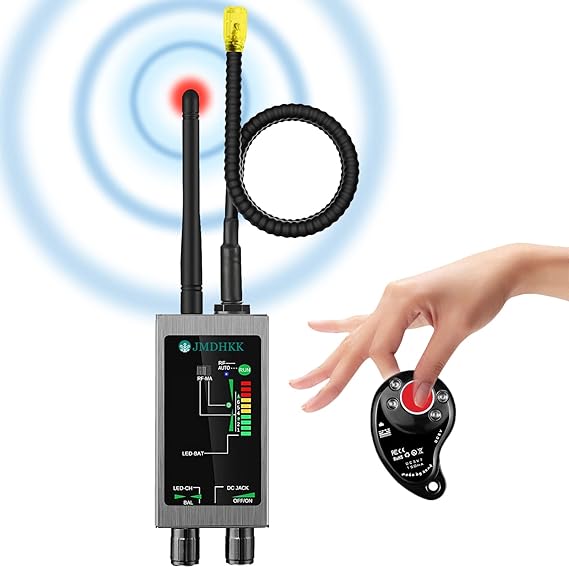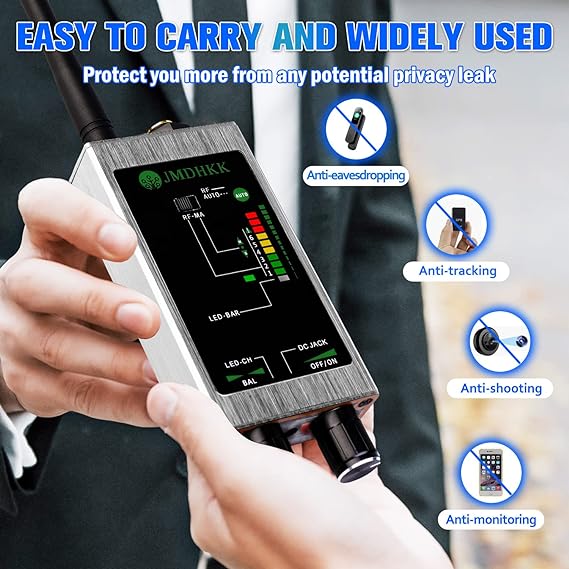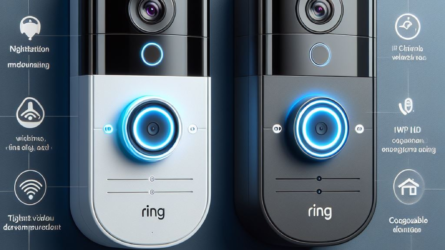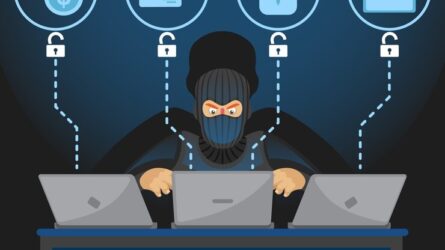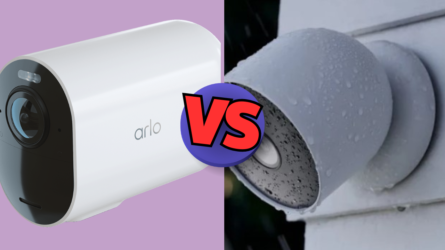Exploring Security Camera Jammers: A Comprehensive Overview
In an era where surveillance technology is rapidly advancing, the need to maintain personal privacy has become increasingly paramount. One tool that has garnered attention is the security camera jammer. In this article, we delve into the nuances of security camera jammers, uncovering their definition, various applications, advantages, drawbacks, distinct types, and ultimately, their place in modern society.
Security Camera Jammers
A security camera jammer is a device designed to disrupt the operation of surveillance cameras by emitting signals in the same frequency range used by these cameras. The jammer creates interference, rendering the cameras temporarily unable to record or transmit data. This technology essentially creates a protective bubble around an individual, preventing their image and activities from being captured by prying surveillance devices.
Uses of Security Camera Jammer
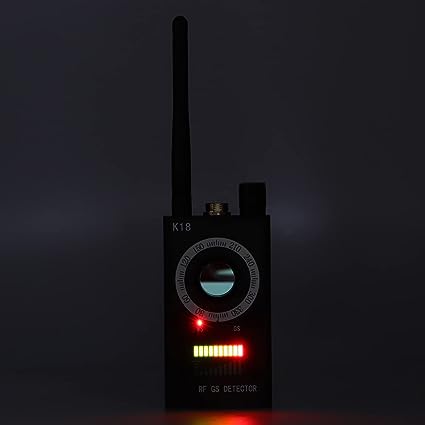
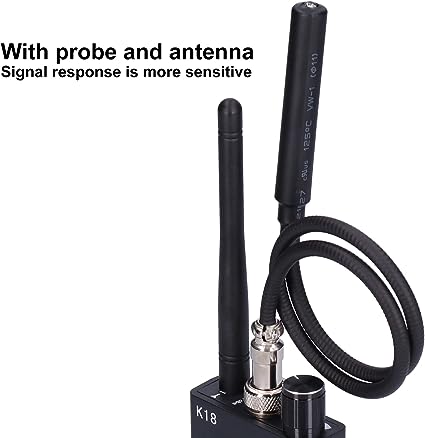
Security camera jammers find utility in a range of scenarios where privacy and discretion are crucial. Individuals who prioritize their personal space may employ jammers to thwart unwanted surveillance in public spaces, hotel rooms, and even changing areas. Whistleblowers and activists might also utilize these devices to safeguard their anonymity when exposing sensitive information or engaging in confidential conversations.
Pros and Cons of Security Camera Jammer
Pros
- Enhanced Privacy: The foremost advantage of security camera jammers is the preservation of privacy. Users can control when and where their actions are captured, fostering a sense of personal security.
- Counter-Surveillance: Security camera jammers provide a means to counteract surveillance efforts, thereby reducing the potential for invasive monitoring by both governmental and private entities.
- Legal Use Cases: In certain jurisdictions, the use of security camera jammers is permissible in spaces where an individual has a reasonable expectation of privacy, such as inside their homes or private vehicles.
Cons
- Illegitimate Activities: The technology’s potential misuse cannot be ignored. Criminals could exploit security camera jammers to obstruct the surveillance of illicit actions, impeding law enforcement efforts.
- Interference Concerns: Jammers can inadvertently disrupt other legitimate communication systems operating on the same frequency, causing inconvenience to innocent bystanders and hindering emergency services.
- Legal Ambiguity: The legality of security camera jammers varies globally. While they may be legal in specific contexts, their use might breach laws related to communication interference in other situations.
Types of Video Security Camera Jammers
1. Frequency-Hopping Jammer
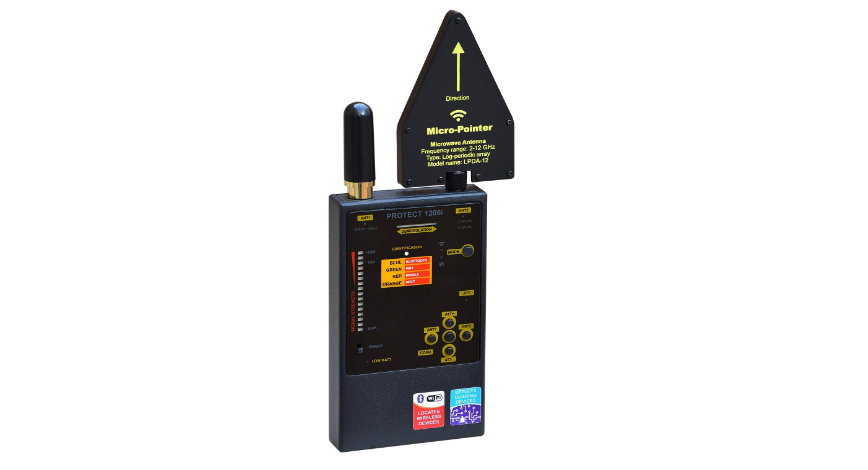
A frequency-hopping jammer operates by emitting rapid sequences of radio signals across a spectrum of frequencies. This confuses and disables targeted surveillance cameras, rendering them ineffective.
Pros:
- Versatility: Effective against a wide range of surveillance cameras, including those utilizing analog and digital technologies.
- Evasive Maneuvers: Rapid frequency changes make it challenging for adversaries to detect the jamming source.
Cons:
- Potential Interference: There’s a risk of unintentional disruption to legitimate wireless communication systems in the vicinity.
- Digital Resilience: Some advanced surveillance cameras employing digital spread spectrum technology may remain unaffected.
2. RF signal Jammers
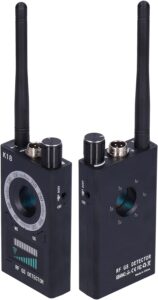
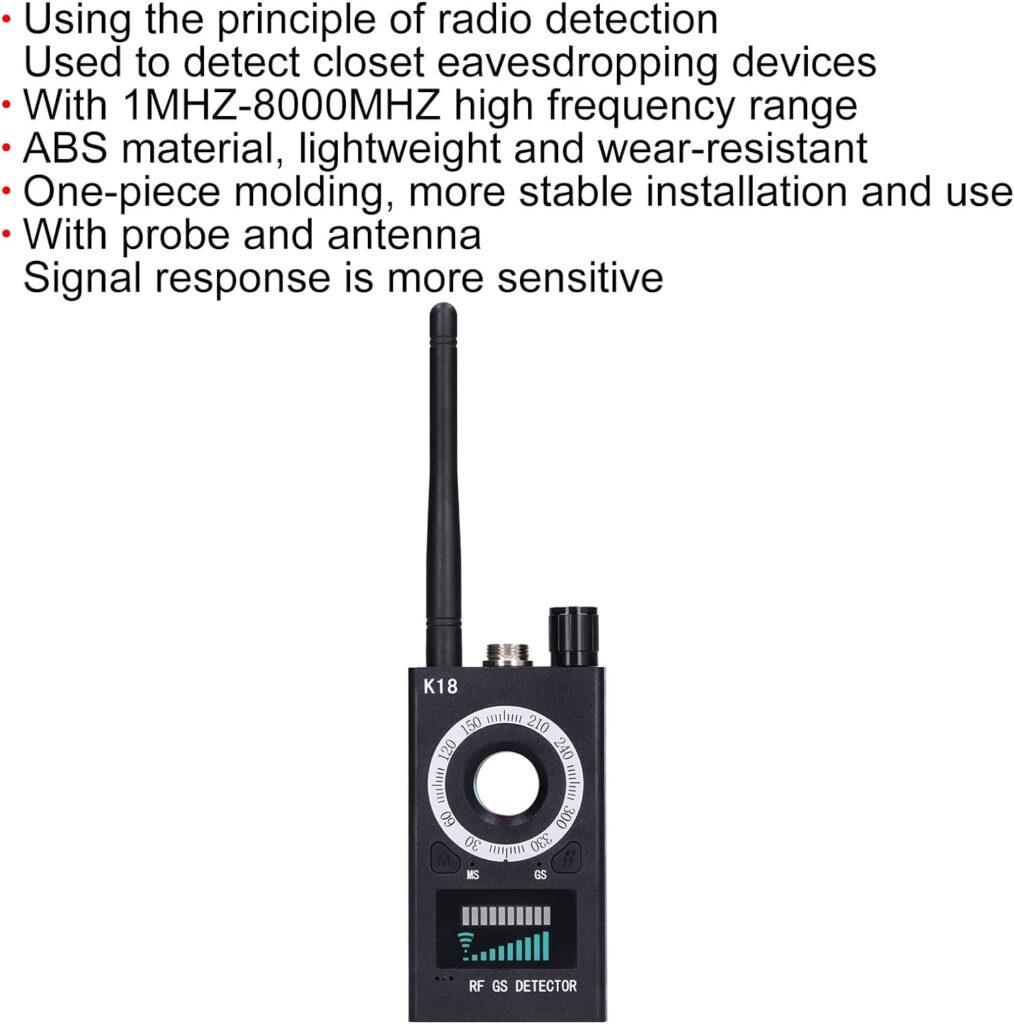
Security camera RF jammers work by disrupting the signals that security cameras use to transmit video and audio data. These devices emit radio frequency (RF) signals on the same frequency bands used by wireless cameras, interfering with their ability to send and receive signals effectively. By overpowering or blocking the camera’s signals, jammers can temporarily disable the cameras, rendering them unable to capture or transmit footage.
Pros:
- Privacy Protection: Security camera jammers can help individuals maintain their privacy by blocking the signals of nearby cameras, preventing unauthorized monitoring or recording.
- Temporary Disruption: Jammers offer a temporary solution to disable security cameras in specific situations where privacy is desired, such as during private meetings or personal events.
- Flexibility: Some jammers can target specific frequencies, allowing users to selectively disable cameras without affecting other wireless devices in the area.
- Portable and Easy to Use: Many security camera jammers are compact and portable, making them convenient to carry and operate discreetly.
Cons:
- Legality: The use of security camera jammers is generally illegal in many jurisdictions, as they interfere with the functioning of authorized devices and can disrupt public safety systems.
- Potential Consequences: Engaging in the use of jammers can lead to legal repercussions, including fines and penalties, as well as potential damage to personal reputation.
- Limited Effectiveness: Some security cameras may be resistant to jamming or have countermeasures in place to mitigate the impact of jammers, reducing their overall effectiveness.
- Ethical Considerations: The use of jammers can raise ethical concerns, as they may interfere with legitimate security measures and hinder the ability to monitor public spaces or deter criminal activities.
3. Wi-Fi Jammer
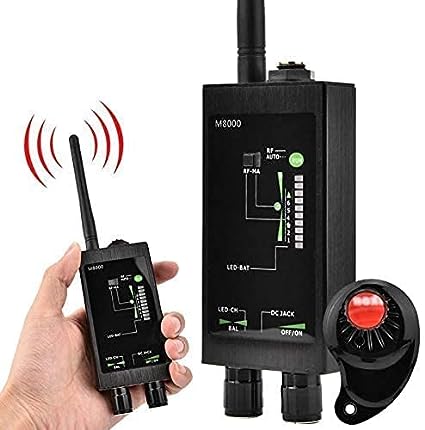
A Wi-Fi jammer targets the wireless signals that enable communication between IP cameras and their network. By overpowering these signals, the jammer disrupts the cameras’ functionality.
Pros:
- Targeted Disruption: Specifically designed to neutralize wireless IP cameras.
- Collateral Impact: This may interfere with other Wi-Fi devices in the vicinity, contributing to enhanced disruption.
Cons:
- Proximity Requirement: Requires close proximity to the target cameras to be effective.
- Legal and Ethical Concerns: The use of Wi-Fi jammers may raise legal issues and ethical dilemmas in some jurisdictions.
4. GPS Jammer
A GPS jammer interferes with the geolocation capabilities of certain cameras equipped with GPS technology, disrupting their ability to accurately determine their location.
Pros:
- Geolocation Interference: Effective in countering cameras that rely on GPS data for location information.
- Anti-Drone Measures: This video camera jammer can be used to counteract surveillance drones equipped with cameras.
Cons:
- Limited Impact: Only affects cameras with integrated GPS technology.
- Legal Restrictions: Due to the potential impact on navigation systems, the use of GPS jammers may be subject to legal restrictions.
Conclusion
As technology continues to evolve, the debate surrounding security camera jammers will persist, emphasizing the need for a balanced discourse on their benefits and drawbacks. In a world where privacy and security intertwine, a nuanced understanding of security camera jammers is essential to navigating the intricate landscape of surveillance and personal freedom.
FAQs
Why would someone use a security camera jammer?
Security camera jammers are often used by individuals or entities seeking to maintain privacy or evade surveillance. They may be used for legitimate reasons, such as protecting personal privacy, but they can also be employed for illegal activities.
Is it legal to use a security camera jammer?
In many countries, the use of security camera jammers is illegal because it can interfere with law enforcement and public safety. It’s important to check your local laws and regulations before using or purchasing one.
What are the potential consequences of using a security camera jammer?
Consequences can include fines, imprisonment, and damage to property or public safety. Interfering with security cameras can hinder investigations and pose risks to public security.
How can I protect my security cameras from jamming?
To protect your security cameras from jamming, use tamper-resistant enclosures, employ encryption for wireless cameras, and monitor for unusual signal interference.
Are there legal alternatives to deal with privacy concerns related to security cameras?
Yes, legal alternatives include discussing privacy concerns with property owners, using curtains or blinds, and ensuring your own compliance with local privacy laws.
Can businesses legally use security camera jammers on their premises?
In most places, businesses are not allowed to use security camera jammers as they can disrupt public safety and violate privacy rights. It’s best to consult with legal experts for specific regulations in your area.
Are there any technologies that can counter security camera jammers?
Some security camera systems have anti-jamming features, such as frequency hopping or signal redundancy, to counteract interference. Consult with security experts to choose robust camera systems.
What should I do if I suspect someone is using a security camera jammer near my property?
If you suspect interference with your security cameras, contact law enforcement and report the issue. They can investigate and take appropriate action.
Best Camera Jammer App
There is no legitimate or ethical “camera jammer” app available. Such apps would likely be illegal and could lead to serious legal consequences. Respect privacy and adhere to the law by using alternative means to address your concerns.
What Is a Camera Disruptor
- A “camera disruptor” is another term for a device or method used to interfere with the functioning of security cameras. Using such disruptors is generally illegal and can result in criminal charges and fines. It’s essential to prioritize legal and ethical means to address privacy concerns.

